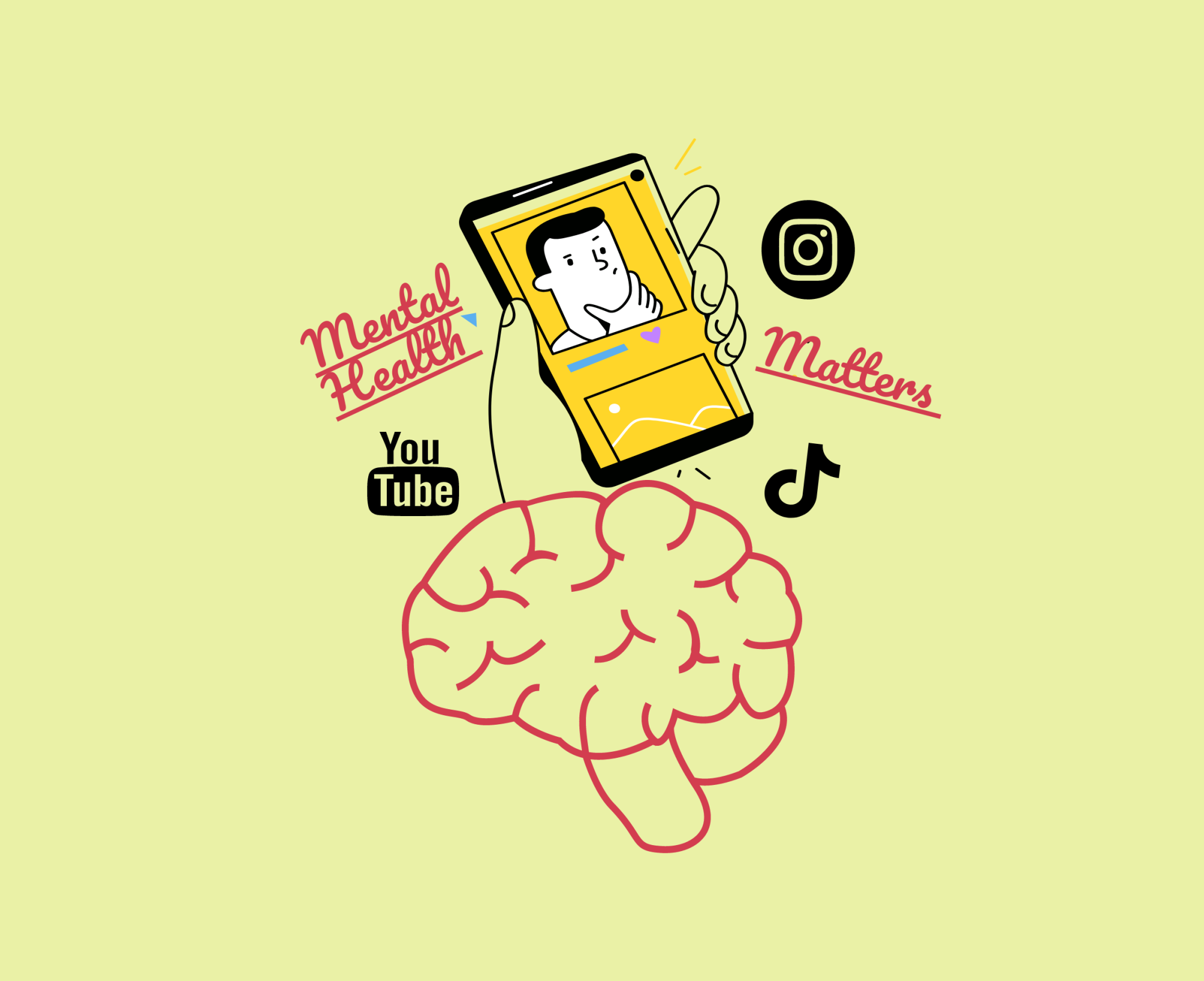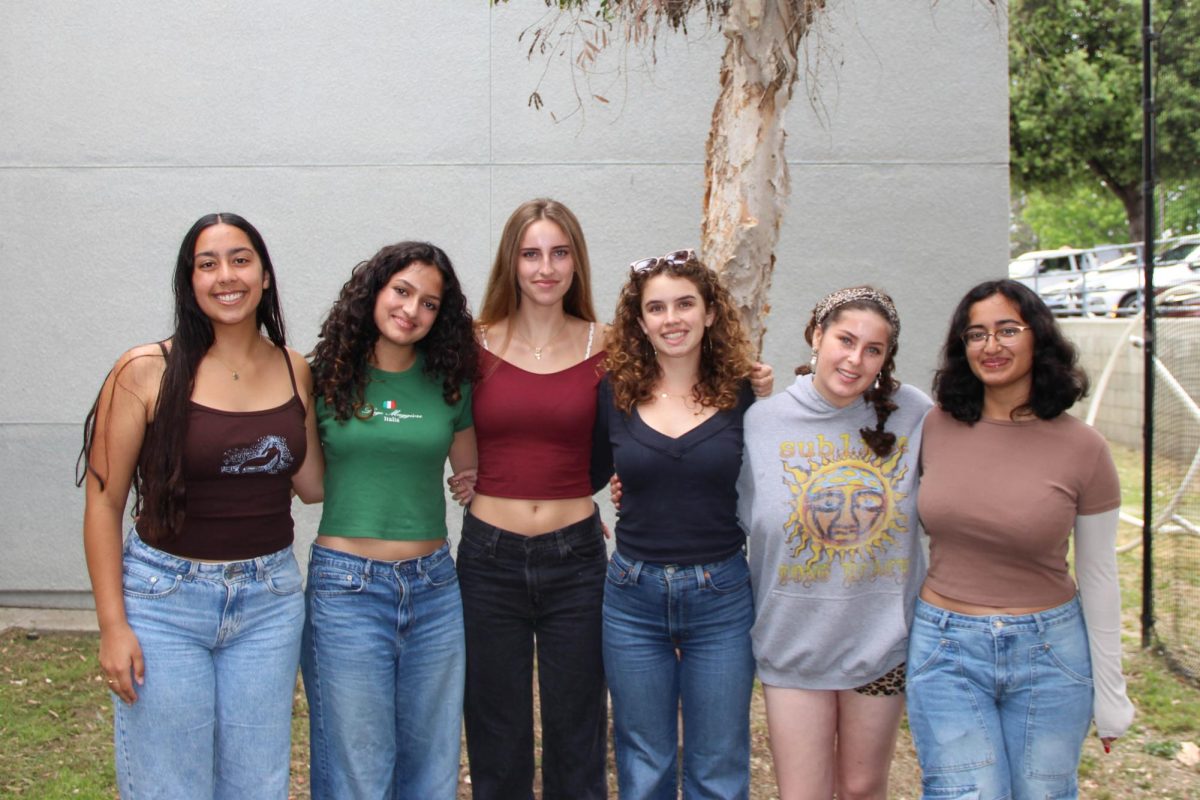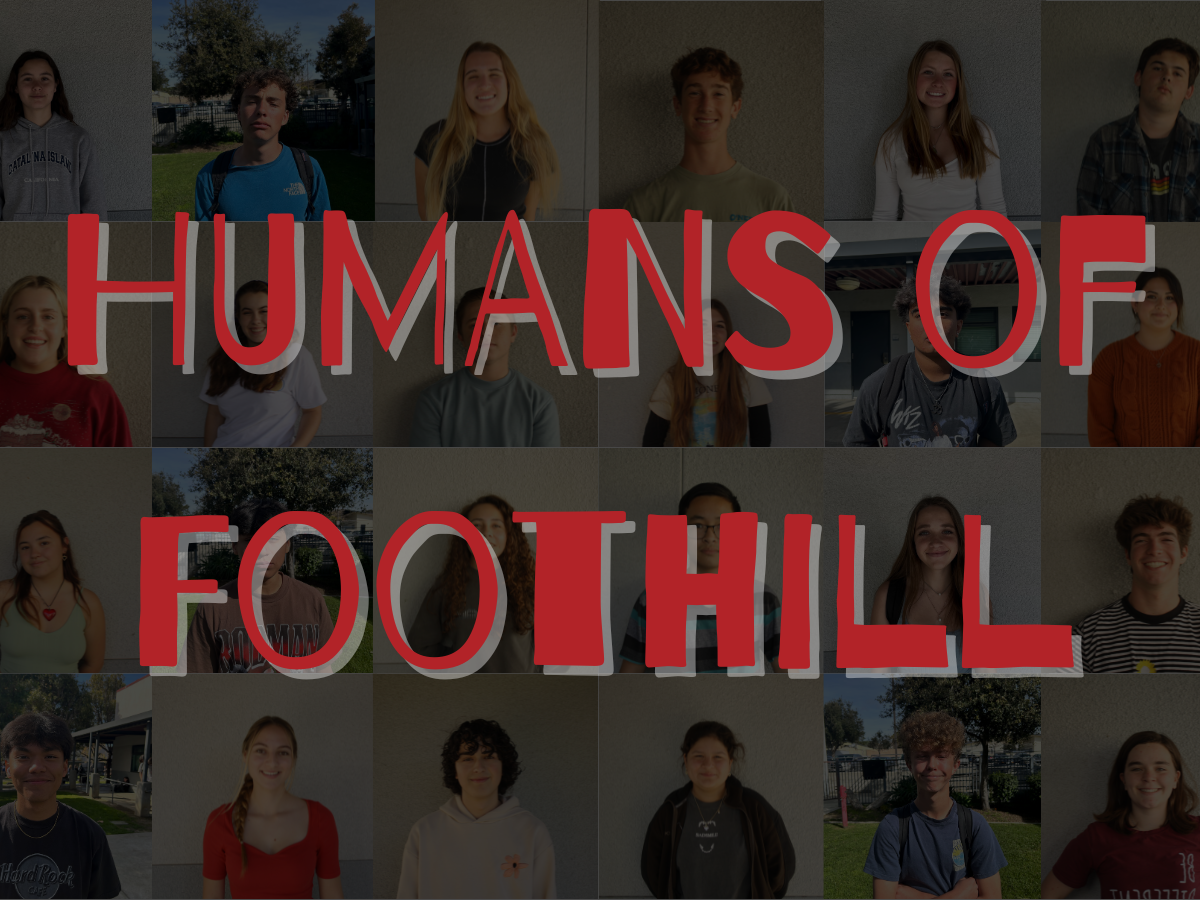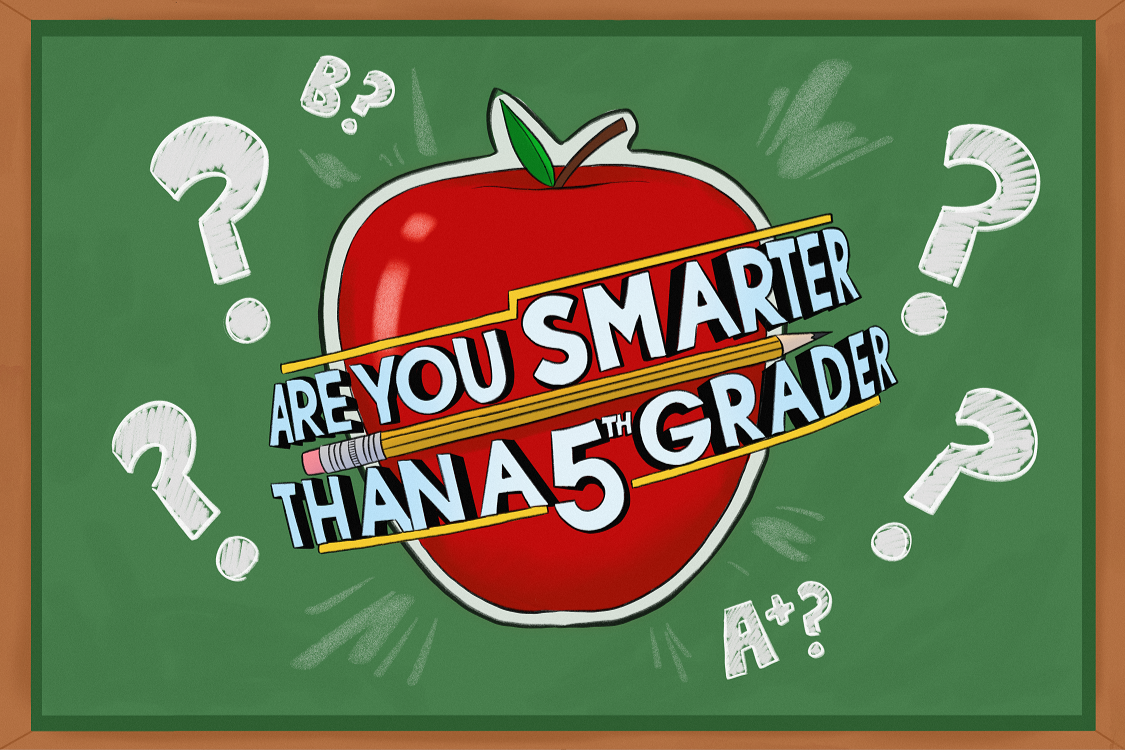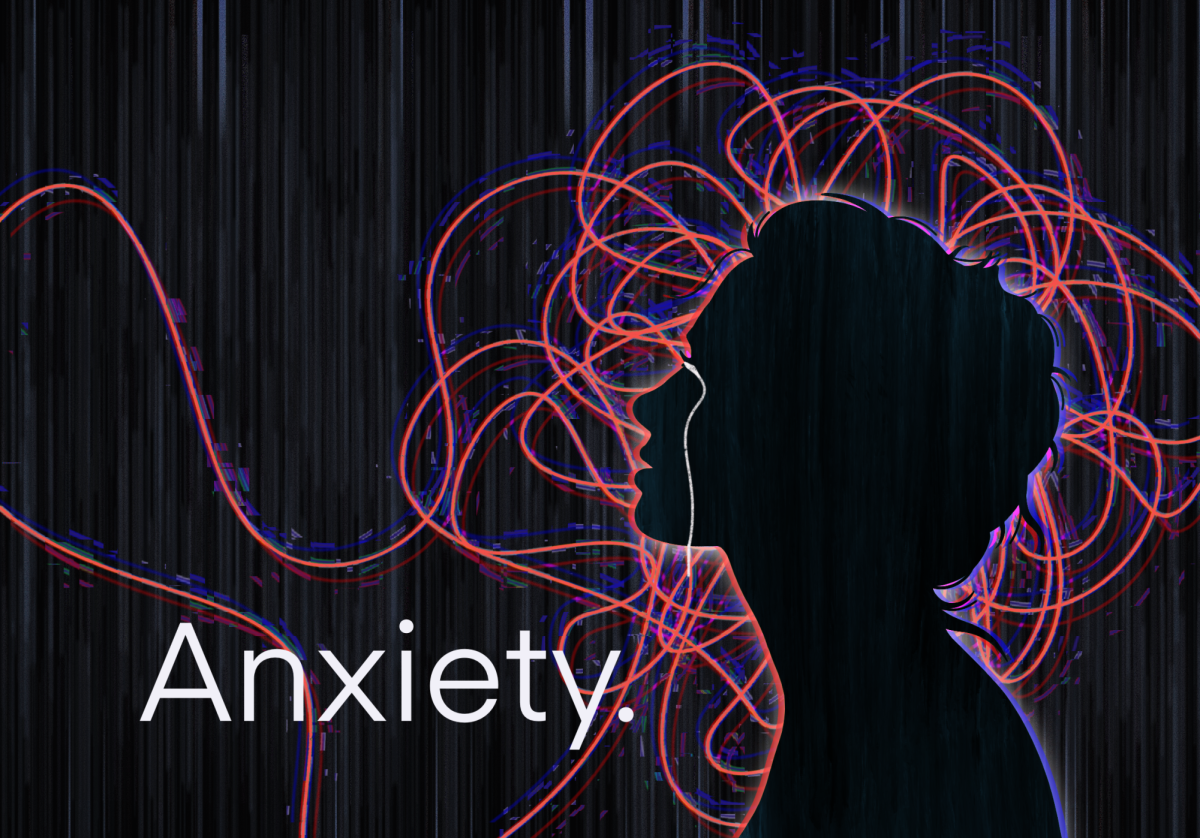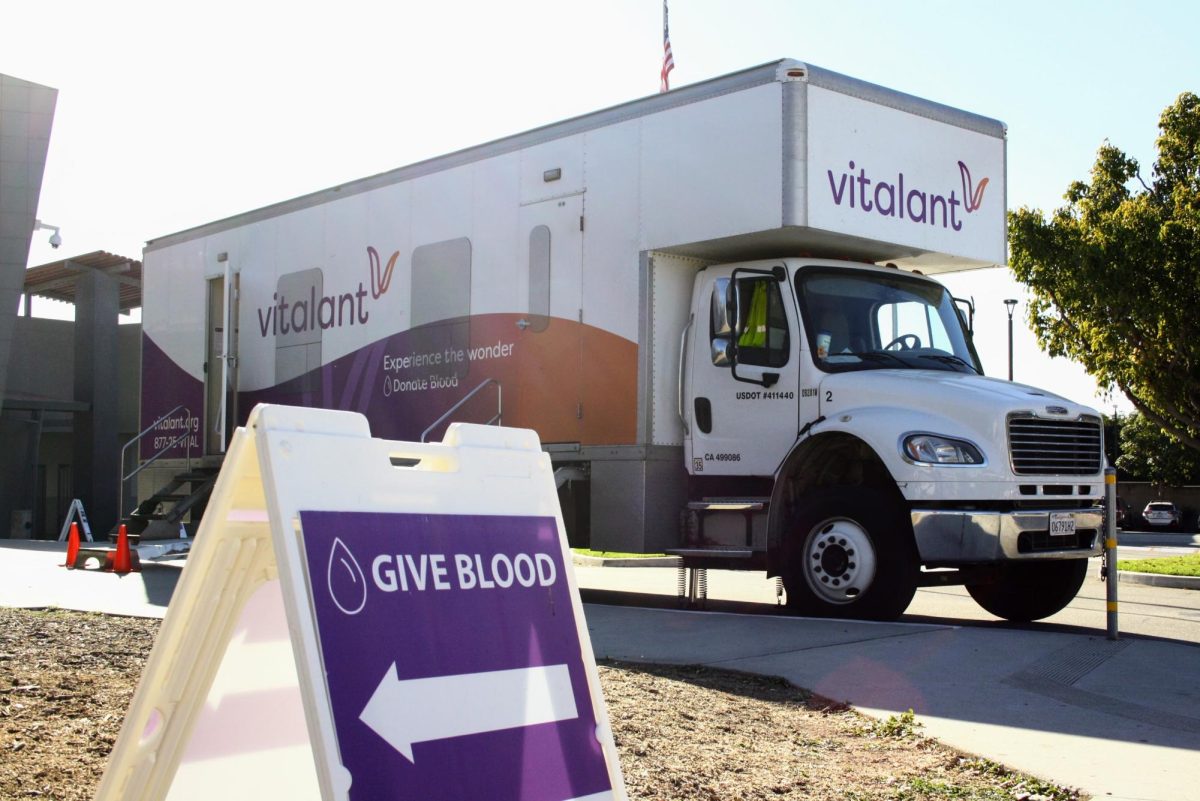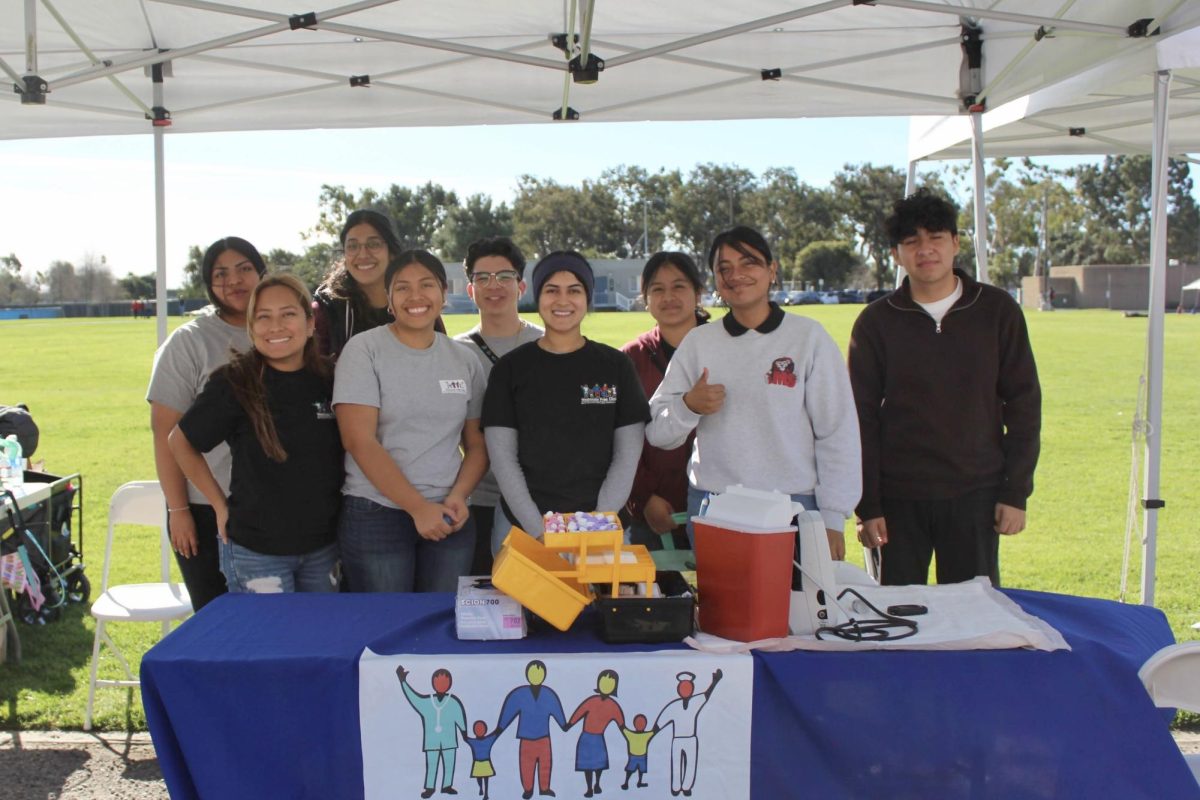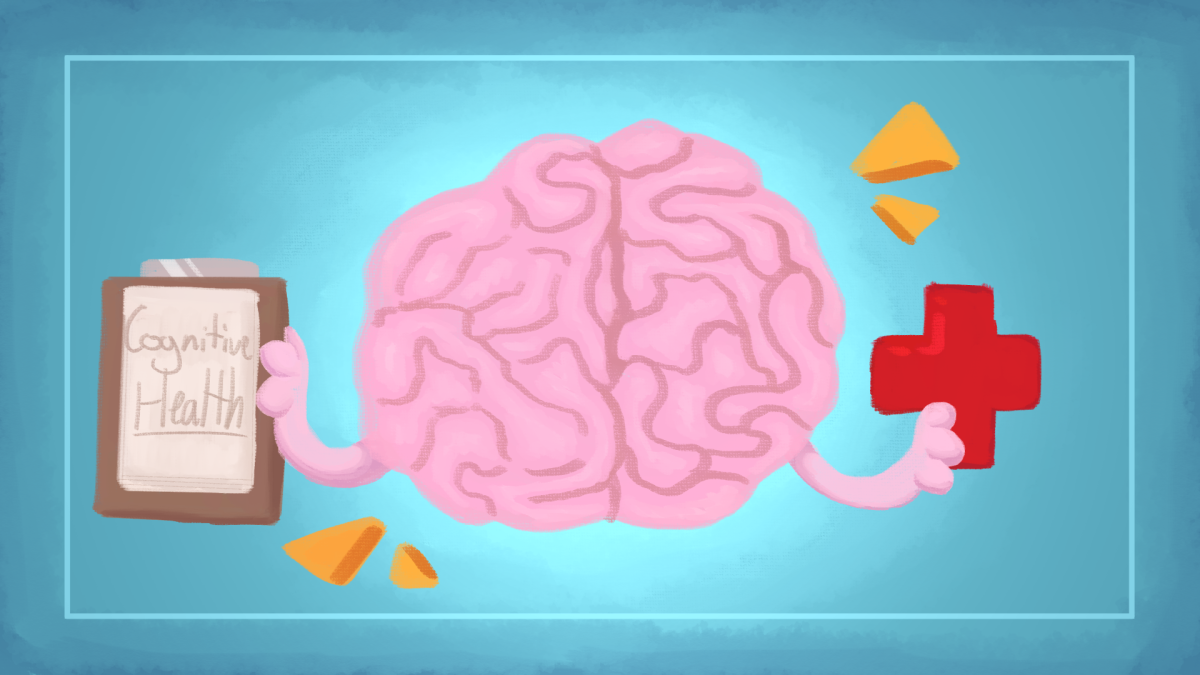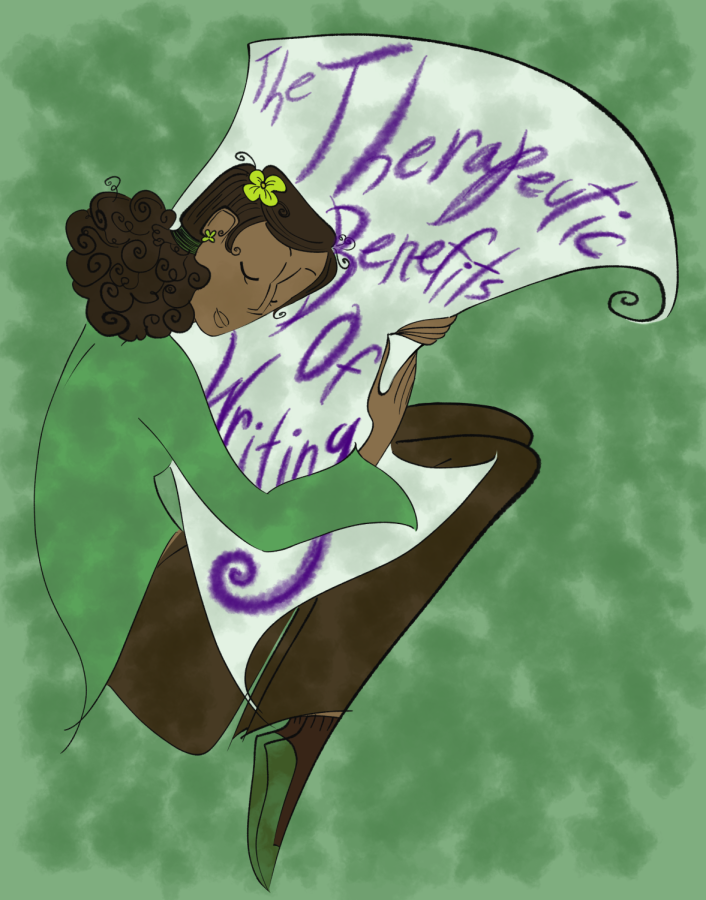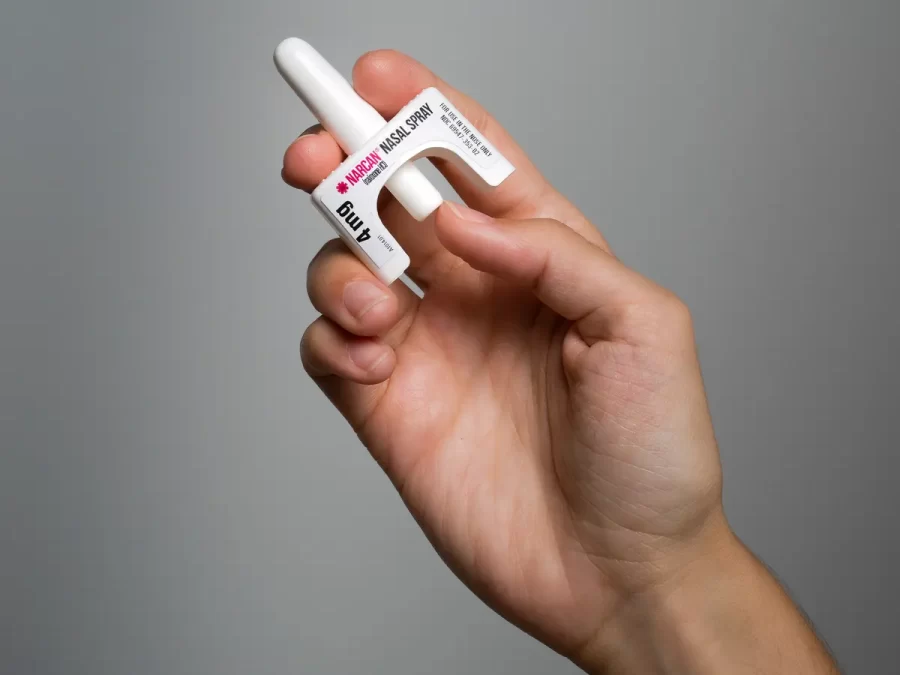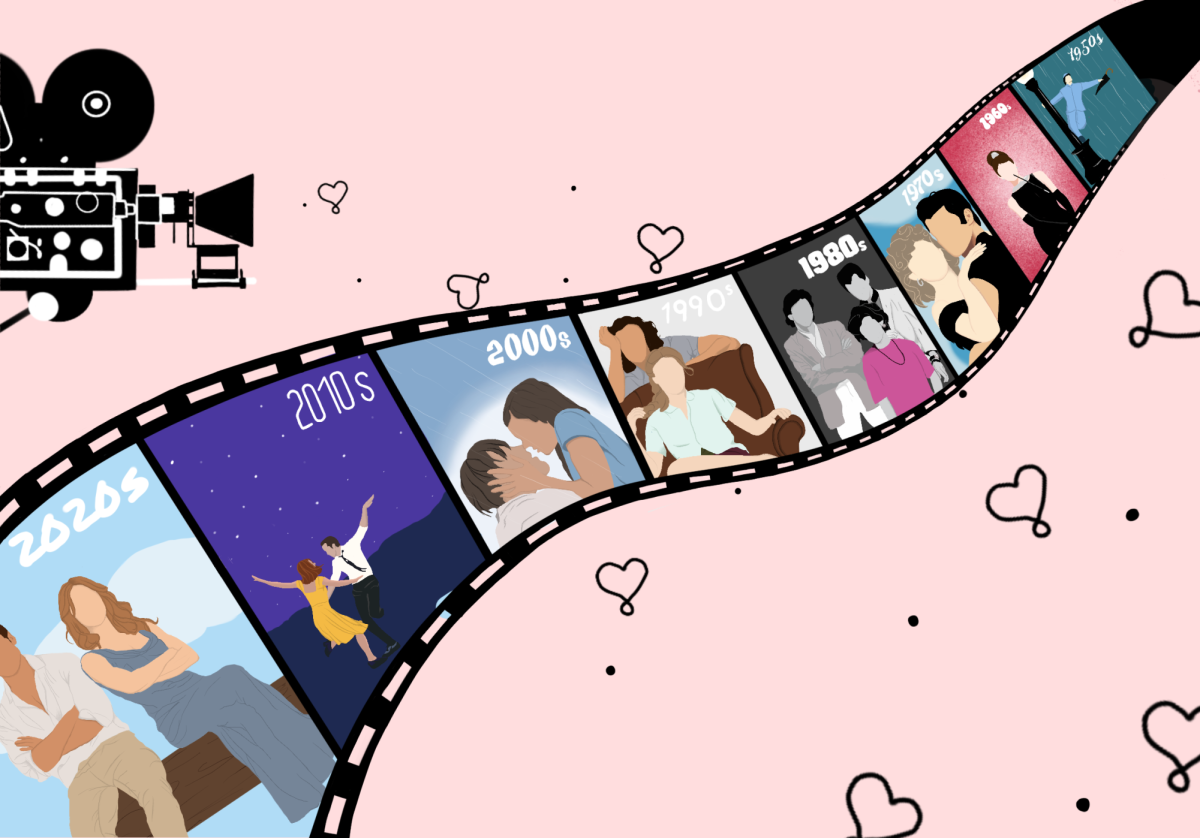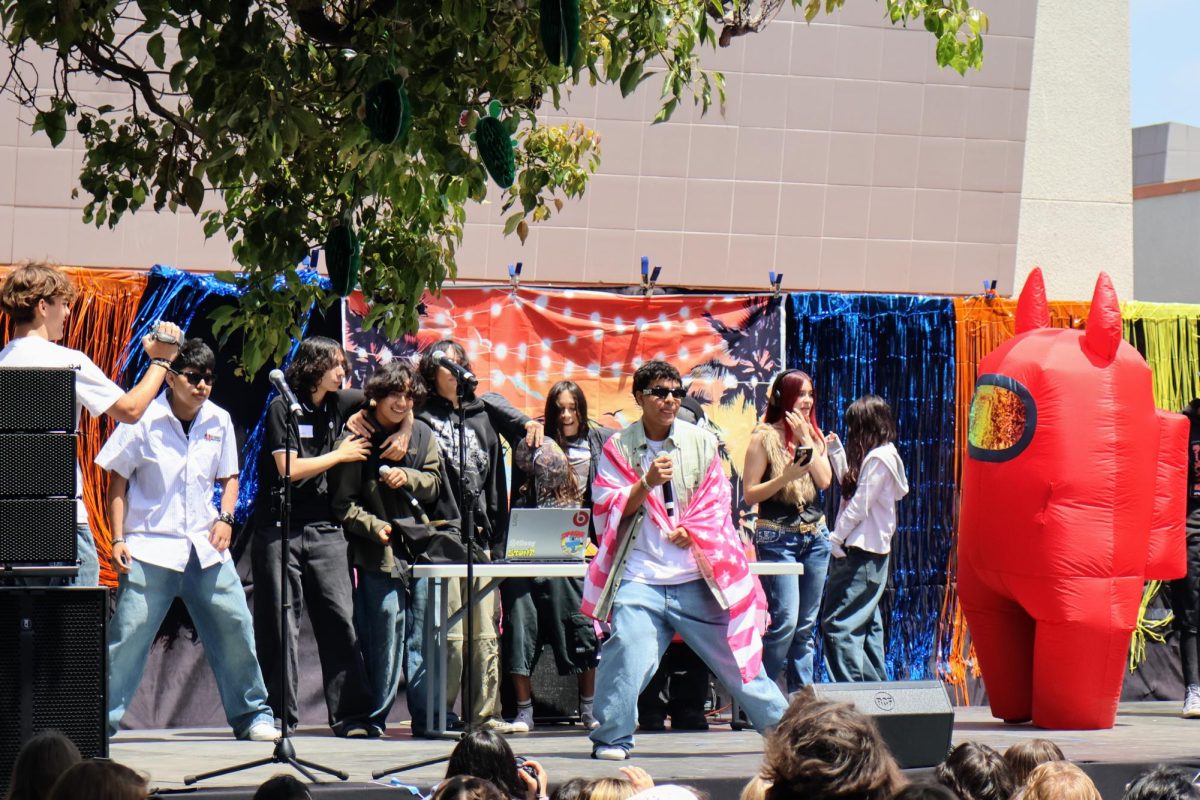It’s 11 p.m. and despite your heaping pile of overdue assignments, your eyes are glued to your phone as you sink deeper into the technological abyss of blue light. Homework and real-world responsibilities linger in the back of your mind, but social media has you in a paralyzing choke hold. On addictive apps, “five more minutes” quickly turns into several hours of doom scrolling, leaving you in a debilitating state of procrastination, exhaustion and stress.
If you’ve ever experienced this vicious cycle of online addiction, you’re certainly not alone. Approximately 90% of teens use social media, and this vast majority of youth may be at a greater risk of developing mental health conditions, such as depression, due to excessive content consumption.
According to research done by the Centers for Disease Control and Prevention (CDC), youth depression and suicide rates have increased by about 40% from 2001 to 2019. United States Surgeon General Vivek Murthy attributes these staggering statistics to a number of societal stressors including mass violence, increased political polarization, climate change and most prominently, life in an “information environment”. With adolescents in a sensitive phase of brain development, time on social media can have detrimental effects on their mental health, and many teens express that social media makes them feel worse about themselves and their friendships.
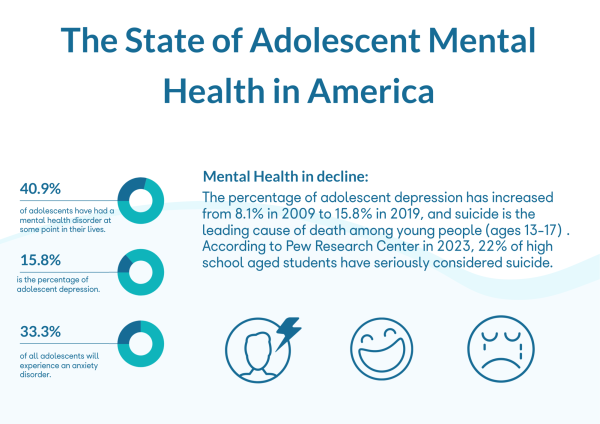
As adolescent mental health declines, schools are being forced to address the crisis at hand by providing additional support for struggling students. This looks like hiring more school counselors, creating on-campus wellness centers and even taking legal action against the alleged perpetrators: Snapchat, Instagram, YouTube and TikTok. Hundreds of school districts nationwide are engaging in lawsuits to hold tech giants accountable for inflicting harm on the nation’s youth. The districts involved in these lawsuits are also seeking monetary compensation for additional expenditures on student mental health care.
In the spring of 2023, San Mateo County, home to 23 school districts, filed a complaint in federal court which accused social media companies of, “using perhaps the most advanced artificial intelligence and machine learning technology in the world today,” to “deliberately [design] their platforms to be addictive and to deliver harmful content to youth.”
However, social media does have its upsides, and whether or not it is directly responsible for rapidly declining mental health is up for debate. Rebecca Wulff, Foothill Technology High School’s (Foothill Tech) Wellness Program Counselor, reports, “The issue is complicated. Many assume that social media is detrimental to teen’s mental health. While teens who already experience mental health challenges may be adversely affected by social media, others feel empowered to have access to resources and support.” Social media undoubtedly promotes communication and connection among teens, but are these online relationships at the cost of in-person social skills and a potential downward spiral of comparison?
Despite these painstaking questions, what we do know is that now more than ever, students are in need of mental health services and support. Marieanne Quiroz, Ventura Unified School District (VUSD) Public Information Officer, shares that VUSD does not have any studies on student social media usage and therefore has not discussed joining any lawsuits against large social media companies, “[VUSD] has multiple health resources available to students… These include Elementary and Secondary counselors, wellness center counselors, the Student Assistance Program (SAP) counselors, social workers, Care Solace and a webpage dedicated to community mental health resources.”
Foothill Tech, in particular, has many valuable mental health resources to offer, including school counselors and an emerging Wellness Center. The Wellness Center is a media-free space where students can go to relax and explore a plethora of activities such as games, crafting and listening to music with noise-cancelling headphones. As of the 2023/24 school year, ten upperclassmen at Foothill Tech have been selected as Wellness Peers who will undergo special training to provide support for their fellow students. Wellness Peers will lead small group meetings for students seeking extra support, and direct events partnered with local community organizations including Alateen and Ventura County Behavioral Health.
If you or someone you know is struggling with mental health, consider taking advantage of the many mental health resources offered by VUSD and here at Foothill Tech. Whether you decide to meet with a counselor, explore the Wellness Center or simply reduce your screen time, these small actions can have a positive effect on your well being. It is also important to be gentle with yourself amidst the modern pressures posed by social media. Social media affects everyone differently, so it is challenging to pinpoint a direct correlation between social media and the national youth mental health epidemic. However, evaluating how these apps make you feel and making lifestyle adjustments based on your findings could go a long way in helping you to become a healthier, happier version of yourself.


